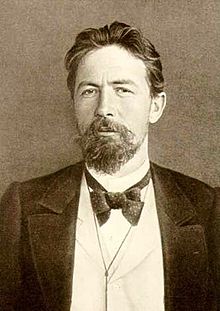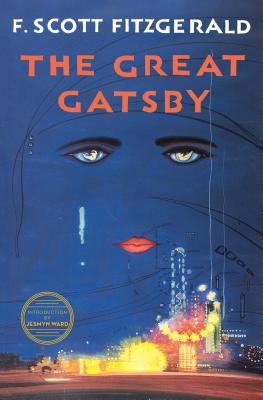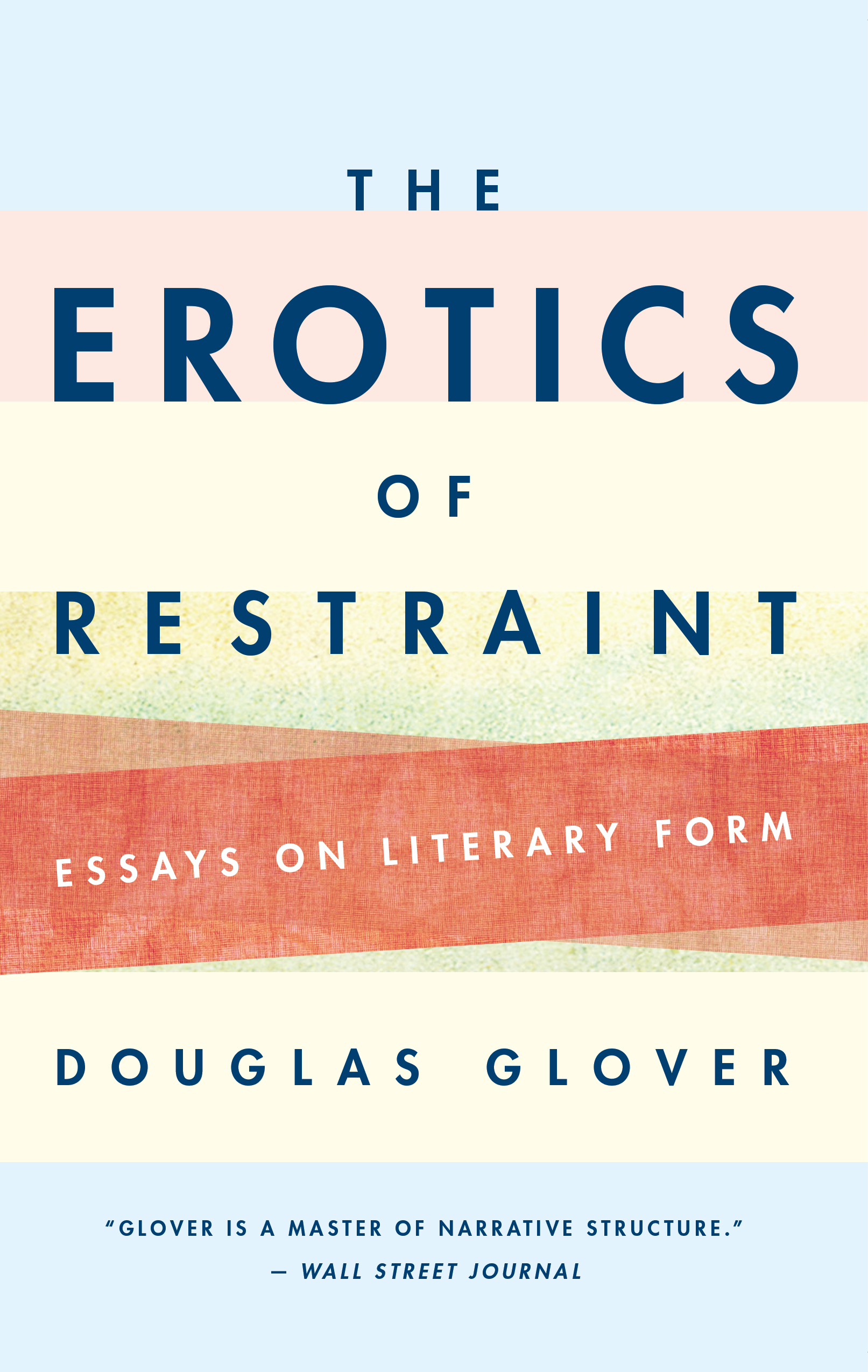 In college I had a friend who for the purposes of this essay I will call “Jerry.” He was an ungainly guy whose hair was, for that period of time, unfashionably short. He dressed in loud sweaters and suffered from acne. He also had a habit of over-enunciating his consonants, as if he had just come out of an elocution class and was determined to show everybody what he had learned. He was singularly unpopular with the unfortunate women who got to know him, but not because of his appearance or his habit of over-enunciating his consonants. No: what everyone came to dislike about Jerry was his insistence on reviewing absolutely everything that came to his attention and giving it a letter grade. “It’s snowing out,” he would say glumly. “Very slushy, B- weather.” You would have dinner with him in the dining hall, and he would suddenly announce, with his fork in the air, “This is C- Jello, but this, this is an A- cookie.” Instead of responding to what you were saying, he would reply, “What an A+ thing to say,” in a sort of Chatsworth Osborne, Jr. accent. Everyone hated him and called him “Jerry the Reviewer.” He reviewed the classes he was taking, the music he listened to, the girls he managed to date, the air quality, local traffic, streetlights, the weather, and his own moods. “I’m feeling very C- today,” he once told me, and I argued with him and said that, personally, I would give his mood an F.
In college I had a friend who for the purposes of this essay I will call “Jerry.” He was an ungainly guy whose hair was, for that period of time, unfashionably short. He dressed in loud sweaters and suffered from acne. He also had a habit of over-enunciating his consonants, as if he had just come out of an elocution class and was determined to show everybody what he had learned. He was singularly unpopular with the unfortunate women who got to know him, but not because of his appearance or his habit of over-enunciating his consonants. No: what everyone came to dislike about Jerry was his insistence on reviewing absolutely everything that came to his attention and giving it a letter grade. “It’s snowing out,” he would say glumly. “Very slushy, B- weather.” You would have dinner with him in the dining hall, and he would suddenly announce, with his fork in the air, “This is C- Jello, but this, this is an A- cookie.” Instead of responding to what you were saying, he would reply, “What an A+ thing to say,” in a sort of Chatsworth Osborne, Jr. accent. Everyone hated him and called him “Jerry the Reviewer.” He reviewed the classes he was taking, the music he listened to, the girls he managed to date, the air quality, local traffic, streetlights, the weather, and his own moods. “I’m feeling very C- today,” he once told me, and I argued with him and said that, personally, I would give his mood an F.
Eventually he was ostracized, and the next year he moved to another dormitory, where he lived in a single room. He had to, because no one could get along with him. I believe he majored in chemistry, and the last I heard of him, he was working for Monsanto.
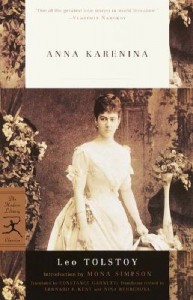 I mention Jerry the Reviewer for a couple of reasons. First, he taught me that no one loves a reviewer. No one has ever fallen in love with someone because of a review. That’s an important life-lesson. Second, he taught me that some things probably shouldn’t be reviewed. You don’t review your partner’s behavior during lovemaking, and you don’t review the death of your grandmother. Also, and I’m going out on a limb here, you don’t really need to review Tolstoy’s Anna Karenina or Flaubert’s Madame Bovary, although amazon.com encourages you to do so, with the following result, and these are direct quotes: “Paintlady” from Jacksonville, Florida, writes: “Anna Karenina is the most boring book I have ever laid eyes on; I do not know how this book became a classic; it belongs in the circular file, not on the bookshelf.” About Madame Bovary, “photondancer” writes, “Dear lord, this book was awful. One of the very few novels that I have been unable to finish or indeed to get halfway through. It was just TOO BORING.” About Shakespeare’s King Lear, Daisy in Arizona writes, “The story overall was just unsatisfactory. At times it seemed idealistic and illogical.”
I mention Jerry the Reviewer for a couple of reasons. First, he taught me that no one loves a reviewer. No one has ever fallen in love with someone because of a review. That’s an important life-lesson. Second, he taught me that some things probably shouldn’t be reviewed. You don’t review your partner’s behavior during lovemaking, and you don’t review the death of your grandmother. Also, and I’m going out on a limb here, you don’t really need to review Tolstoy’s Anna Karenina or Flaubert’s Madame Bovary, although amazon.com encourages you to do so, with the following result, and these are direct quotes: “Paintlady” from Jacksonville, Florida, writes: “Anna Karenina is the most boring book I have ever laid eyes on; I do not know how this book became a classic; it belongs in the circular file, not on the bookshelf.” About Madame Bovary, “photondancer” writes, “Dear lord, this book was awful. One of the very few novels that I have been unable to finish or indeed to get halfway through. It was just TOO BORING.” About Shakespeare’s King Lear, Daisy in Arizona writes, “The story overall was just unsatisfactory. At times it seemed idealistic and illogical.”
Everyone knows that such quotes can be found in vast quantities at amazon.com., often with the word “boring” put into play, but the point is that these reviews serve no purpose at all. Or rather, they do serve a purpose, which is to establish that in an Age of the Imperial Self, any one person’s opinion is equal to everybody else’s, and the mice can review the cat, if they want to. But, if I can go out on another limb, I’d assert that all these reviewers, like Jerry the Reviewer, are reviewing objects, in this case novels, that don’t need reviews, partly because the jury is no longer out; the jury has returned a verdict on these books by now, and it’s just plain obtuse to pretend that it hasn’t.

Randall Jarrell (1914-1965) via Wikipedia
But the other point I’d make about these reviews is that they are untrustworthy for another reason. They don’t bother to provide the reader with an accurate description of the books’ formal or verbal properties. To say that something is “boring” is not a statement about a book, although the speaker may think that it is; it’s a statement about the reader’s poverty of equipment. One of the reasons that Randall Jarrell’s poetry reviews were so devastating was that Jarrell was a very good describer of a poem’s verbal economies and thematic gestures, and he had a well-stocked mind so that he could provide a cultural context for whatever he was talking about. The marks of a trustworthy review, therefore, have a kind of doubleness: the reviewer manages to assert somehow that the book under discussion is of some importance for one reason or another; and second, a good review provides a formal description of the book’s properties, so that you could reconstruct it from the reviewer’s sketch of it. This description is not the same as a plot summary, although a plot summary may figure into it. What a formal description does is to show what a book is about in relation to the form in which the subject matter has been shaped or located. In order to write such a review, let’s say of a novel, you have to have a basic idea of how novels are constructed; you have to have the technical knowledge that allows you to stand back from the book and to say how a book is put together. By these criteria, quite a few book reviews are worthless. They are made up of what I call Owl Criticism. With Owl Criticism, you have statements like, “This book has an owl in it, and I don’t like owls.”
A case in point would be the reviews during the past year of Jonathan Franzen’s novel Freedom. The positive and negative reviews were often so extreme in both directions that they were paragons of untrustworthiness. Both kinds of reviews assert a claim upon your attention, but only because they’re extreme and not because they supply a sense of how Franzen’s novel was put together. Both kinds of reviews supplied an answer to my first criterion for a review, but neither review (I’m thinking of the positive review in the Sunday New York Times, and the negative one in The Atlantic) had the slightest interest in the formal properties of Franzen’s novel—in the ways, for example, certain dramatic events duplicated themselves, or the instances of crucial scenes that Franzen chose not to present directly. Both reviews were examples of Owl Criticism and therefore take their place in the history of American hype. It’s a long history, going back to P. T. Barnum, and contemplating it is a singularly dispiriting pastime.
It’s quite possible for a reviewer to write a valuable negative review. Dwight MacDonald’s review of James Gould Cozzens’s By Love Possessed is a classic of the type, as is Robert Hass’s essay on James Wright’s poetry. Both reviews give an accurate feeling for the content and form of the books under discussion and present what they’re doing in a wider cultural context.
A reviewer is entitled to any opinion at all, but he or she earns that opinion based on a description and a judicious citation of evidence. Otherwise, the reviewer is the literary equivalent of Michelle Bachmann, making outrageous statements simply in order to become famous.
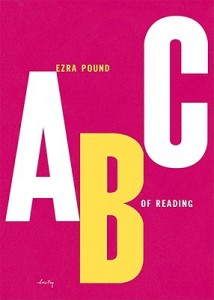 Is it too much to ask of a reviewer that he should know what he’s talking about? That the writing be accurate and clear? To quote that unreliable critic, Ezra Pound: “You would think that anyone wanting to know about poetry would do one of two things or both. Look at it or listen to it. And if he wanted advice he would go to someone who knew something about it.” That’s in ABC of Reading, in which Pound separates a knowledgeable author from a lay person. I’m not doing that, but I am making the claim that a good review, if it is to serve any purpose at all, has to take the trouble of telling us where a poem or a novel or a book of stories fits into our cultural life, and then has to tell us how its content is located in its form. If it doesn’t do either, it’s not a good review.
Is it too much to ask of a reviewer that he should know what he’s talking about? That the writing be accurate and clear? To quote that unreliable critic, Ezra Pound: “You would think that anyone wanting to know about poetry would do one of two things or both. Look at it or listen to it. And if he wanted advice he would go to someone who knew something about it.” That’s in ABC of Reading, in which Pound separates a knowledgeable author from a lay person. I’m not doing that, but I am making the claim that a good review, if it is to serve any purpose at all, has to take the trouble of telling us where a poem or a novel or a book of stories fits into our cultural life, and then has to tell us how its content is located in its form. If it doesn’t do either, it’s not a good review.
What are the reviews that perform a great human service? The ones, of course, that are written with knowledge and passion, and which assert that a great precious object exists that you need to discover for yourself, because it will change your life. A great review suggests why your soul might be altered if you read a particular book. A review should therefore be a gift: something unimaginably valuable is being passed on from the reviewer to the reader. But a good review doesn’t, and can’t, resort to hype, because hype language has the familiar odor given off by falsehood and merchandizing. Hype belongs in the history of publicity but not in the history of literature. Its recognizable adjectives—“important,” “stunning,” “game-changing,” and “significant”—are the touchstones of falsehood and meaninglessness. The great review has to practice the arts of precision; if it doesn’t, you can’t, and shouldn’t, trust it.
Editor’s Note:
 An earlier version of “Owl Criticism” was delivered as part of the 2011 AWP panel “The Good Review: Criticism in the Age of Book Blogs and Amazon.com,” moderated by Jeremiah Chamberlin. Joining Baxter and Chamberlin were Stacey D’Erasmo, Gemma Sieff, and Keith Taylor. The goal of the panel was to examine how criticism is changing in a literary landscape increasingly dominated by new media, as well as to discuss how books get reviewed and by whom, why vigorous reviewing is necessary, and ways to write reviews that matter. Below are the talks from some of the other panelists:
An earlier version of “Owl Criticism” was delivered as part of the 2011 AWP panel “The Good Review: Criticism in the Age of Book Blogs and Amazon.com,” moderated by Jeremiah Chamberlin. Joining Baxter and Chamberlin were Stacey D’Erasmo, Gemma Sieff, and Keith Taylor. The goal of the panel was to examine how criticism is changing in a literary landscape increasingly dominated by new media, as well as to discuss how books get reviewed and by whom, why vigorous reviewing is necessary, and ways to write reviews that matter. Below are the talks from some of the other panelists:
- “The Good Review,” by Jeremiah Chamberlin.
- “An Education in Book Reviews,” by Stacey D’Erasmo.
- “Some Thoughts on Reviewing Poetry in 2011,” by Keith Taylor.

